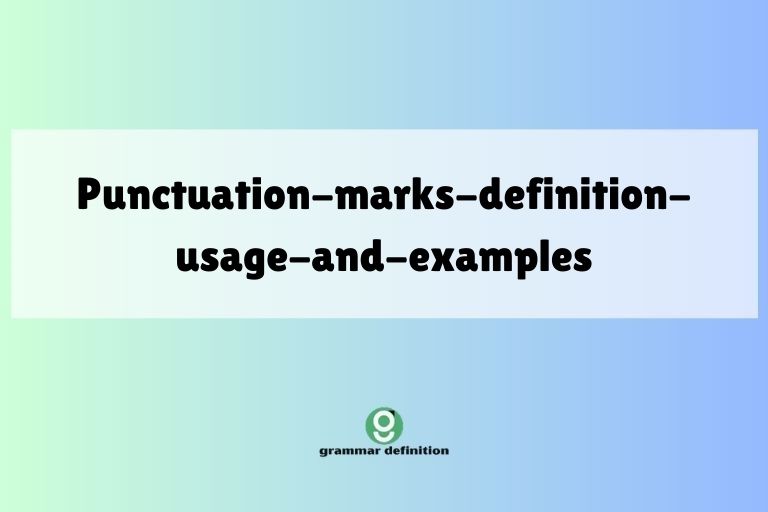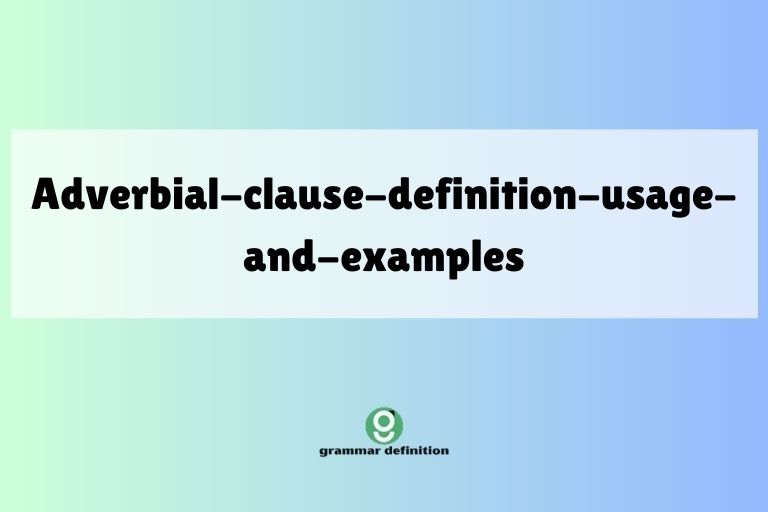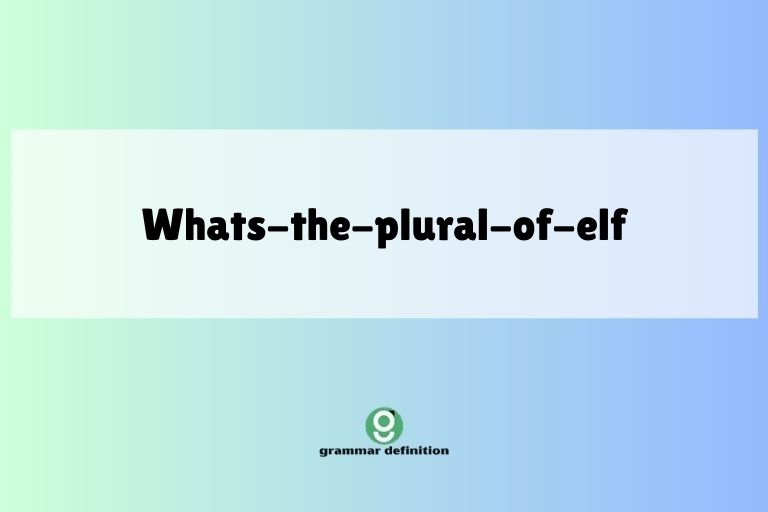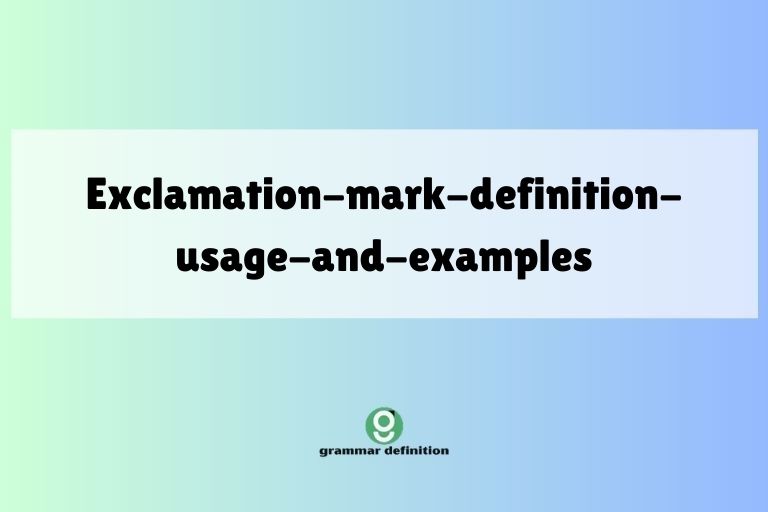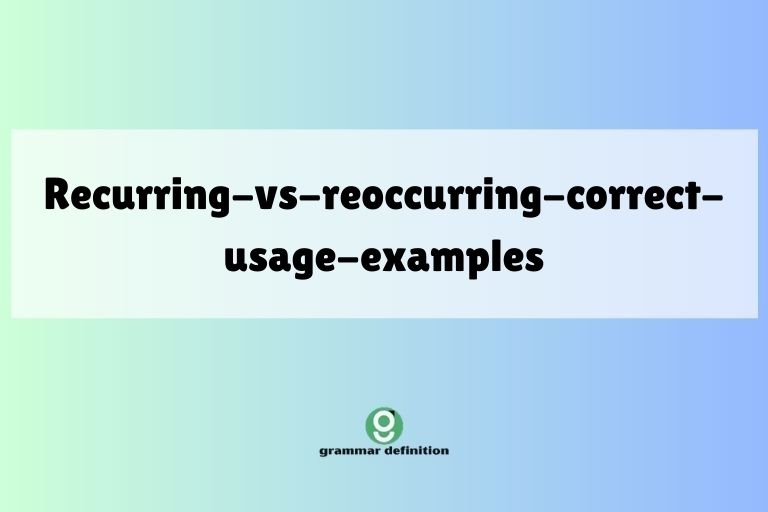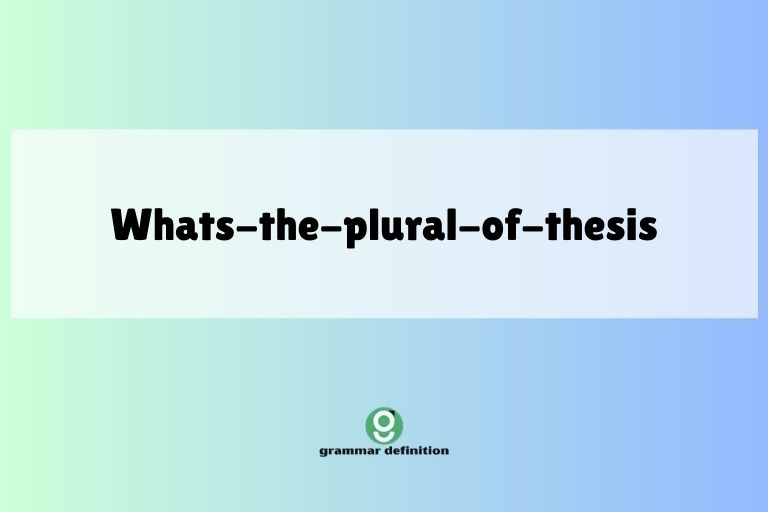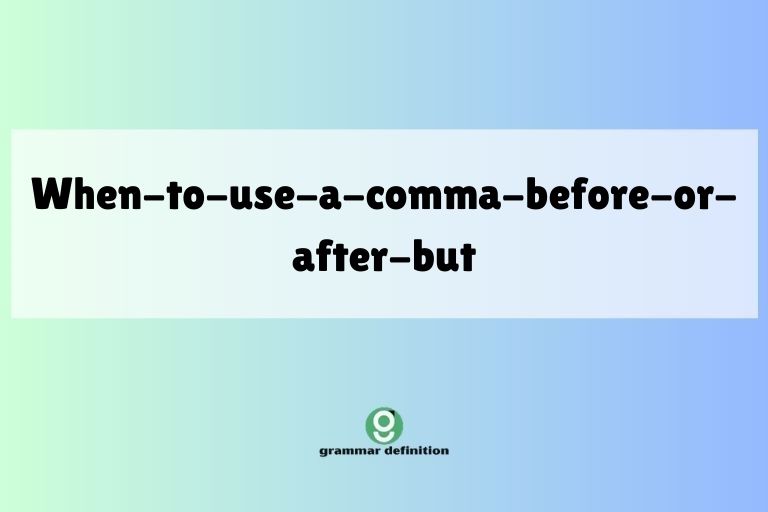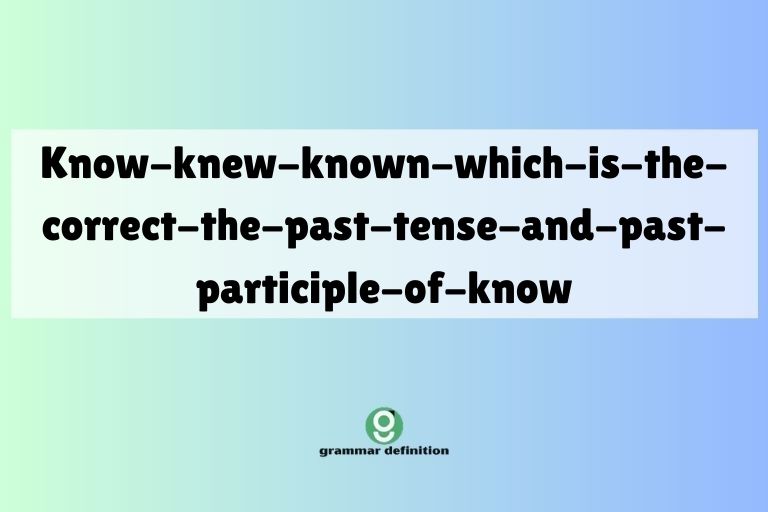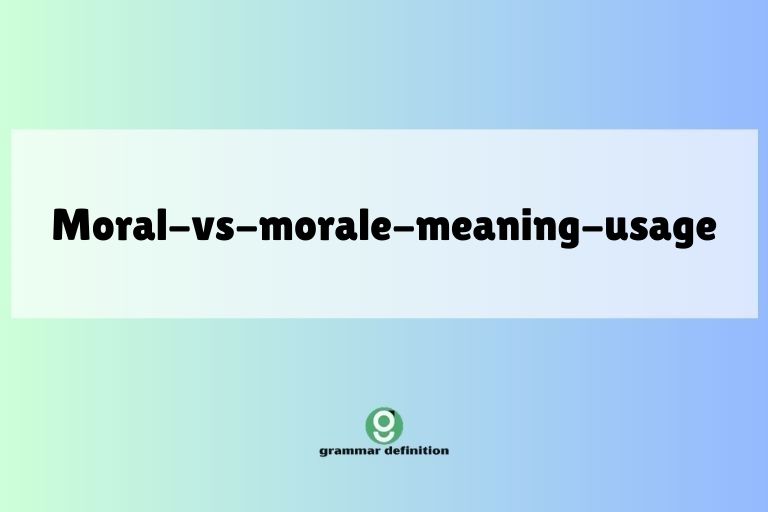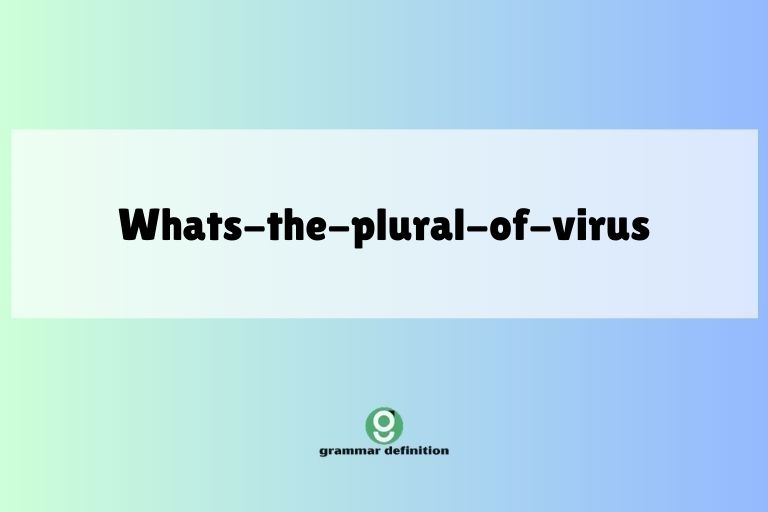Mastering Punctuation: Definitions, Usage, and Examples
Punctuation marks are the unsung heroes of written language. They provide structure, clarity, and rhythm, transforming a mere string of words into a cohesive and understandable message. Without proper punctuation, even the most brilliant ideas can become muddled and confusing. Understanding punctuation is crucial for effective communication, whether you’re writing a formal essay, a casual … Read more

